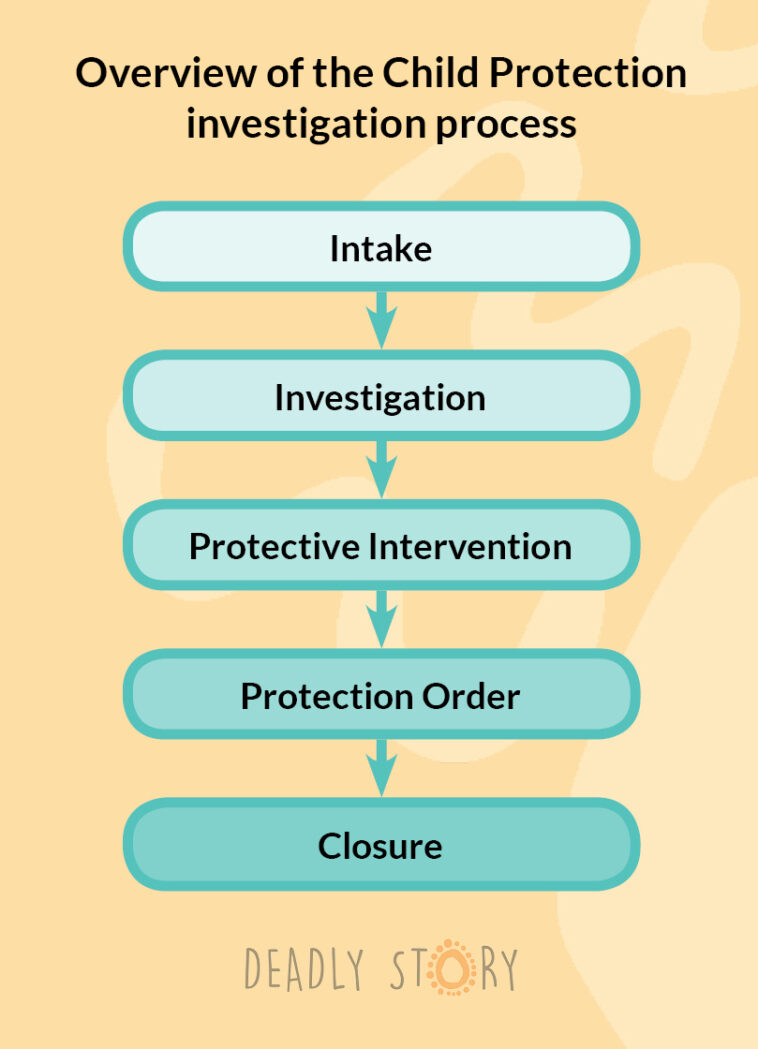The administration disclosed this week that a country-wide investigation into child grooming organizations will proceed. The starting point for all of this was in the town of Oldham. Half a year later, an agreement to move forward has been reached. The decision to launch a nationwide probe into these grooming groups was voiced by the Prime Minister last weekend, despite his previous reluctance. The Home Secretary endorsed this about-face, concurrently unveiling other initiatives in light of the unsettling conclusions of a fresh report.
However, when Lady Louise Casey began her ‘expedited nationwide inspection’ at the beginning of the year, she had not anticipated the need for a comprehensive investigation. This development came subsequent to years of heated disputes in Oldham, where local authorities had urged a leading role from the government in conducting an investigation – a request that was rebuffed.
During this period, Andy Burnham, armed with more than eight years of relevant experience, also stood behind the need for a country-wide investigation. Back in 2017, in response to a BBC documentary about the Rochdale grooming scandal, he launched a local probe. To oversee his ‘assurance review’ regarding child sexual exploitation in Greater Manchester, he recruited two autonomous experts.
Over the course of the following seven years, these assigned experts produced three reports about historical abuse in the Manchester, Oldham, and Rochdale areas and scrutinized how each case was managed. The condemning reports brought to light substantial discrepancies in the Greater Manchester Police and council’s responsibilities towards safeguarding children.
Lady Casey expressed surprise this week when she discovered Burnham’s recent demand for a nationwide investigation. To comprehend his decision, she visited Greater Manchester and engaged in a direct discussion with Burnham and the deputy mayor. They discussed their experience and rationale behind their current stance.
A recurring issue they faced was no one was open to sharing data. Data exchange has perpetually been a predicament. This unwillingness to cooperate, labeled as ‘lawyering up’, was more prominent in the initial stages of the review, not as much in recent times.
Given the nonexistence of a legal obligation to produce testimony, some previous law enforcement officers and social workers declined the request to participate. Following a protracted struggle to acquire pertinent data, they advocated to the then Home Secretary from the Conservative party that powers should be granted even at a local investigation level to oblige relevant individuals to testify.
The subject of another inquiry in Oldham prompted years of contentious discussions revolving around its necessity and nature. Proposals from opposition council members for a governmental probe into grooming outfits in Oldham were consistently overruled by Labour, until they forfeited their majority in the council the previous year.
Despite this, the government sanctioned £5m for five such probes. In Baroness Casey’s words, ‘no other parties expressed interest’. She stressed, ‘without the ability to enforce compulsory measures, modelled after those in the Inquiry Act, progress would be stunted’.
The conclusion drawn was that traditional decision-maker accountability cannot be accomplished via a local process. It was advised that a national inquiry would not have been proposed if not for the comprehensive review done in Greater Manchester.
In response, the government assured they would accede to all 12 suggestions made by Lady Casey. Included in these was a nationwide inquiry under the direction of an independent commission that can instruct ‘specific investigations’ in local regions.
With the appointment of an impartial chairperson, this commission will commence a review of data to determine the initial regions to be subject to investigation. Overall, this significant shift towards a nationally coordinated effort to address the issue of child grooming organizations signifies a bold move in addressing child protection issues.
The collective effort will not just allow for a more extensive, unified approach in dealing with these issues, but also ensure that key decision-makers are held accountable, therefore allowing stronger safeguarding measures to be implemented.

